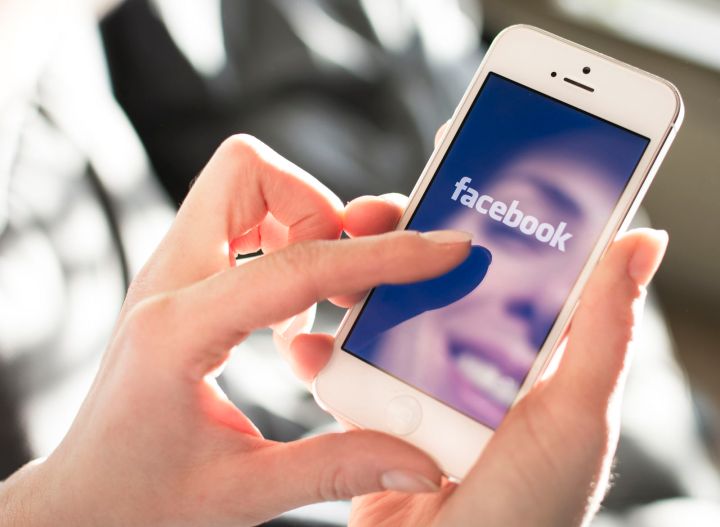
Sure, Facebook allows users to attach a feeling to any status but a recently approved patent suggests emotions could become an even bigger player through facial-recognition technology. Future versions of the platform could use cameras, keyboard movement, and touchpad gestures to track emotions, automatically inserting emojis and adjusting the font or even using emotions to analyze reactions, the patent suggests.
The set of three patents, recently uncovered by CB Insights, were submitted back in 2014 and 2015 but were only recently published publicly. All three patents detail technology designed to track the user’s emotions, but each one uses that tracking in different ways.
The first patent is designed for Facebook Messages. The idea is to aid text-only messages, which can sometimes be misconstrued without any hints of emotion or context. The technology works based on the way the user interacts with the keyboard, touchscreen or “other input devices.” Factors like how quickly the keys are pressed, how hard they are pressed and whether or not the smartphone is moving around or staying in place can offer clues as to the user’s emotions. The messaging platform then could take that data and adjust the font, the font size and other visual tools to help convey more meaning in the message.
The second patent detects emotion not from keyboard strokes, but from a smartphone’s front-facing camera or a webcam. Cameras and facial-recognition technology are able to trigger a photo with a smile — Facebook’s patent instead looks for visual emotional cues and stores that data to create a more customized newsfeed. According to the patent, the emotion data would be used to help deliver more content that users respond to as well as adding additional analytical data for publishers on what type of response their content received.
What could scare some users is that the camera doesn’t have to be “on” for the tech to work. The patent details using “passive imaging data” or information captured automatically without the user actually turning the camera on.
The third patent would use similar facial recognition technology, only instead of using the data to track your responses, this feature would find the most appropriate emoji automatically, matching your facial features to an emoji. Along with recognizing smiles, the patent suggests the technology could also recognize gestures, like a thumbs up, and translate those into emojis as well.
Patents may offer insight into what a company is researching, but they do not always become actual products. “We often seek patents for technology we never implement, and patents should not be taken as an indication of future plans,” a Facebook spokesperson told Digital Trends.
The idea of using emotion recognition technology to track responses is not a completely new idea — consider this billboard that determined each viewer’s response to the message. While most might be able to get onboard with not digging through the emoji list to find the right one, the idea of being watched while scrolling through Facebook might prompt more than a few to follow CEO Mark Zuckerberg in covering the camera with duct tape if the patent ever becomes reality.
Editors' Recommendations
- How to get your share of Facebook’s $750M settlement
- The Off-Facebook Activity tool lets you take control of your shared data
- Sen. Ron Wyden wants to protect your data from Big Tech, if Congress lets him
- Facebook wants you to take a selfie in order to verify your identity
- I turned off Facebook’s ad trackers, and the ads only got more personalized




